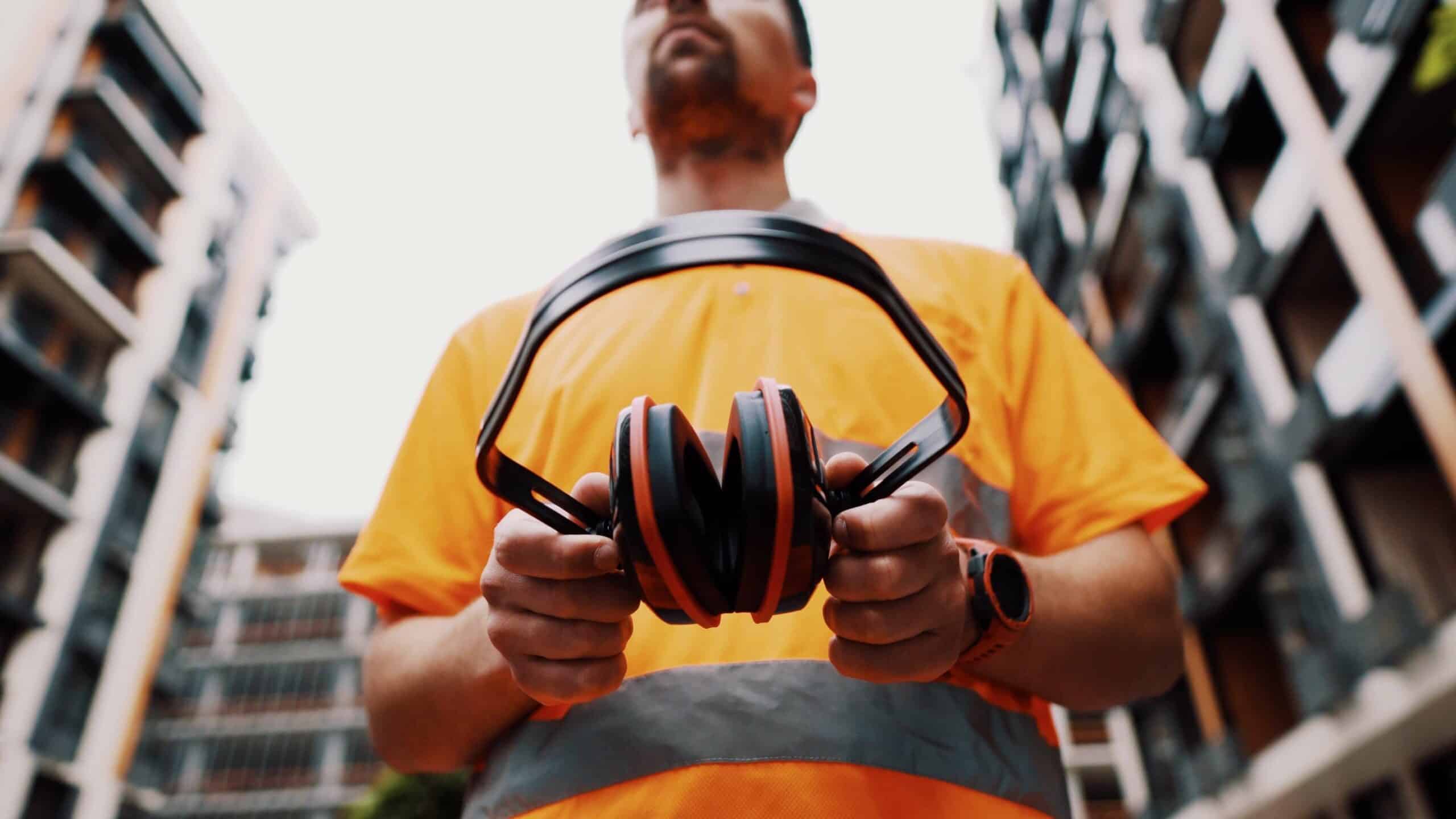
Hearing loss is a prevalent health concern that can be caused by various factors, including exposure to loud noise in the workplace. While many jobs involve some level of noise exposure, certain occupations are more likely to lead to hearing loss due to consistent exposure to high levels of noise over time. In this blog, we’ll explore some of the jobs most likely to lead to hearing loss and discuss strategies for protecting hearing health in these environments.
-
Construction Workers
Construction sites are notoriously noisy environments, with heavy machinery, power tools, and equipment generating high levels of noise on a daily basis. Construction workers are often exposed to loud noise for extended periods, increasing their risk of developing hearing loss over time. Proper hearing protection, such as earplugs or earmuffs, is essential for construction workers to minimize the risk of hearing damage.
-
Manufacturing Workers
Manufacturing facilities can be loud and bustling environments, with machinery, assembly lines, and industrial processes generating significant noise levels. Workers in manufacturing industries such as automotive, metalworking, and textile manufacturing may be exposed to continuous noise throughout their shifts, increasing their risk of hearing loss. Employers should provide hearing protection and implement noise control measures to mitigate the risk of hearing damage for manufacturing workers.
-
Agriculture Workers
Farmers and agricultural workers are exposed to various sources of noise, including tractors, combines, and other farm machinery. Additionally, activities such as livestock handling and grain processing can generate high levels of noise. Prolonged exposure to loud noise in agricultural settings can lead to hearing loss over time. Agricultural workers should wear hearing protection and take breaks from noisy activities to protect their hearing health.
-
Military Personnel
Military service members, particularly those in combat roles or working in close proximity to weapons and explosives, are at high risk of hearing loss due to exposure to gunfire, explosions, and other loud noises. The use of firearms and heavy equipment in training exercises and combat situations can cause significant damage to hearing over time. Proper hearing protection, such as earplugs or earmuffs, is essential for military personnel to prevent hearing loss and preserve auditory function.
-
Airport Workers
Airport workers, including ground crew, baggage handlers, and maintenance personnel, are exposed to noise from aircraft engines, ground vehicles, and other equipment on a daily basis. The loud noise generated by aircraft during takeoff and landing can exceed safe levels and pose a risk to hearing health. Airport workers should wear hearing protection and follow safety protocols to minimize the risk of hearing damage in noisy environments.
-
Music Industry Professionals
While music is often associated with enjoyment and creativity, professionals in the music industry, such as musicians, DJs, and sound engineers, are at risk of hearing loss due to exposure to loud music and sound levels during performances and rehearsals. Prolonged exposure to amplified music at high volumes can cause permanent damage to hearing. Musicians and music industry professionals should use hearing protection and take regular breaks to rest their ears during rehearsals and performances.
-
Emergency Responders
Emergency responders, including firefighters, police officers, and paramedics, may be exposed to loud noise from sirens, alarms, and emergency vehicles during their duties. Additionally, emergency situations such as fires, explosions, and rescue operations can produce high levels of noise that can cause hearing damage over time. Proper hearing protection and training in noise management are essential for protecting the hearing health of emergency responders.
Certain occupations are more likely to lead to hearing loss due to consistent exposure to loud noise in the workplace. Employers and workers in these industries should take proactive measures to protect hearing health, including using hearing protection, implementing noise control measures, and following safety protocols.
